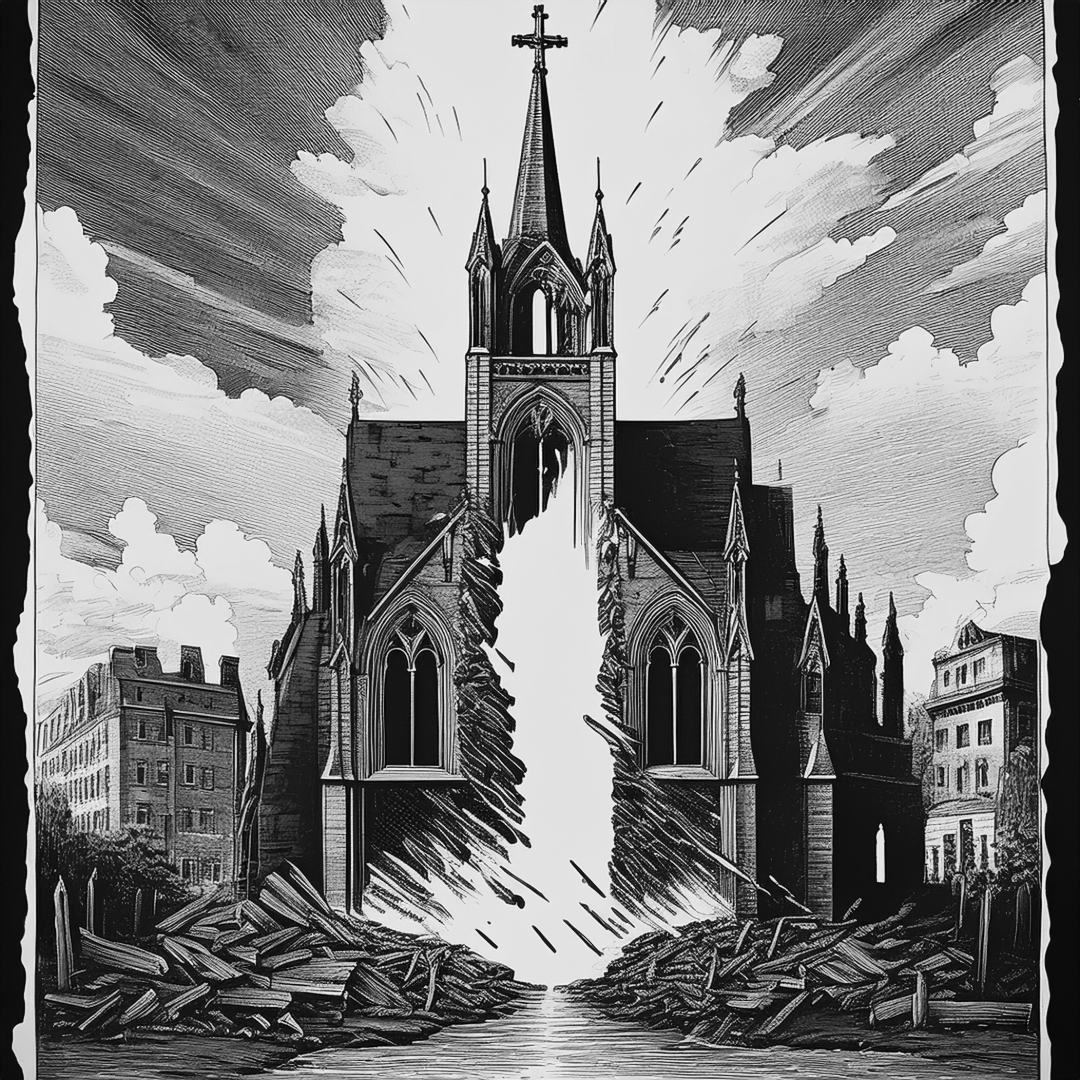BIRMINGHAM, Ala. — Alabama’s Methodist churches remain sharply divided after the state Supreme Court issued key rulings on property disputes, underscoring the depth of the schism triggered by the United Methodist Church’s decision to fully include LGBTQ+ people in ministry and marriage.
Since 2022, about a quarter of Alabama’s United Methodist congregations have left the denomination, many citing opposition to same-sex marriage and LGBTQ+ clergy as their primary reason for disaffiliation. The exodus has been accompanied by a wave of lawsuits over church property, with some congregations determined to keep their buildings as they break away.
In February, the Alabama Supreme Court sided with Harvest Church in Dothan, allowing the congregation to retain its property after leaving the UMC. The court ruled that because the church’s deed did not include the denomination’s trust clause, the property belonged to the local congregation. However, the court rejected a collective lawsuit from 44 other churches, ruling that disputes rooted in church law must be resolved internally, not through civil courts.
The core issue remains the UMC’s recent embrace of LGBTQ+ inclusion, a move that has exposed a persistent fixation on sexuality among many departing congregations. Critics and observers note that, for some, the debate has become less about faith or love and more about policing who is welcome in the church. In a time when many Christian communities are emphasizing compassion and acceptance, the Alabama split stands out for the intensity with which some churches have defined their faith by opposition to LGBTQ+ rights.
As the legal battles continue and the United Methodist Church’s internal court prepares to address unresolved claims, Alabama’s religious landscape is being reshaped-not by theological innovation or outreach, but by a divisive struggle over who belongs and who does not.

